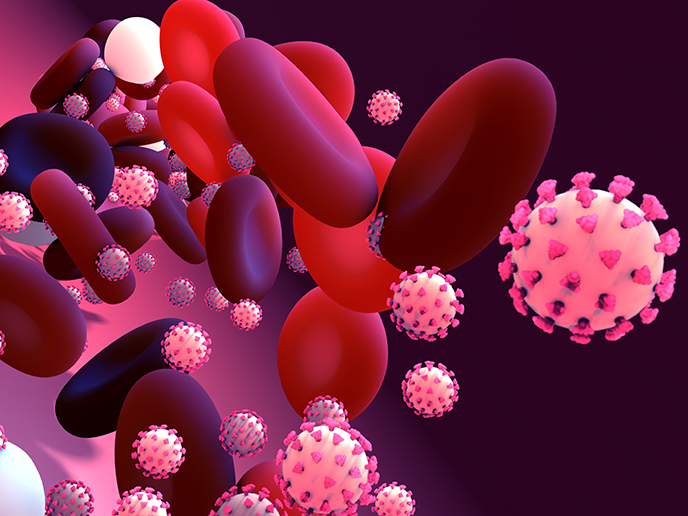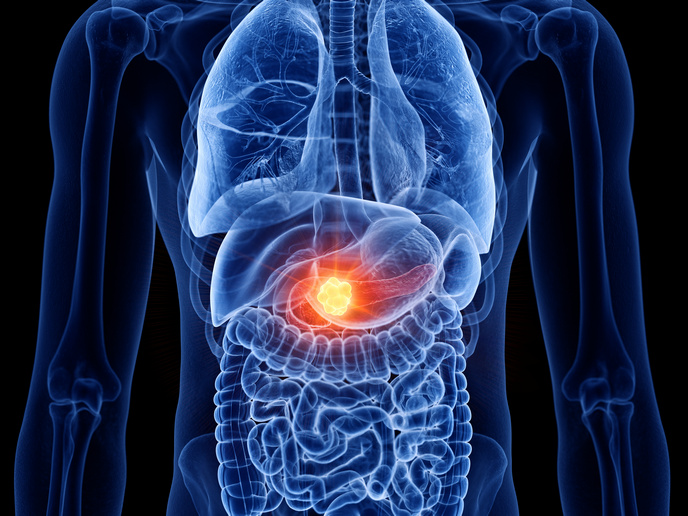Overcoming cellular resistance to chemotherapy
Cancer is one of the leading causes of death worldwide and mortality is expected to continue rising. Despite significant advances in available treatments, resistance to chemotherapy remains a major obstacle. The group of diseases is characterised by rapidly proliferating cells that continuously divide to create new daughter cells, hence tumour formation. Much as the bacteria causing an ear infection can become resistant to antibiotics, tumours can be or become resistant to therapeutic agents. Resistance can be displayed at the first treatment or can develop over time. It is particularly problematic in that often the tumour develops resistance not only to the drug being used but to new therapeutic agents that act in different ways than the original. Essentially, the cells develop mechanisms to escape death and overcome lethality from a specific drug. European researchers sought to characterise the cellular proteins involved in chemotherapy resistance with EU funding of the ‘Regulatory control networks of synthetic lethality’ (Synlet) project. Scientists used computational methods to study regulatory networks and the development of emergent properties as a way to maintain robustness or reliability. They applied the general principles and techniques to the specific case of chemotherapy-resistant cancer cell lines. Computational genomics provided insight into key proteins involved in drug treatment escape mechanisms. Synlet researchers tested developed hypotheses in genetic knock-down models that interfere with the expression of genes of interest (and subsequently the proteins encoded by them). Research results should pave the way to genetic re-sensitisation of chemoresistant cells to cytotoxic drugs with important impact on cancer survival and quality of life for millions of cancer patients worldwide.







